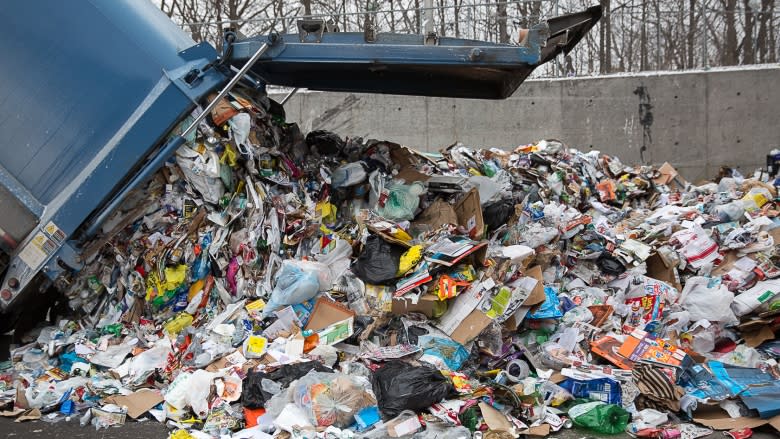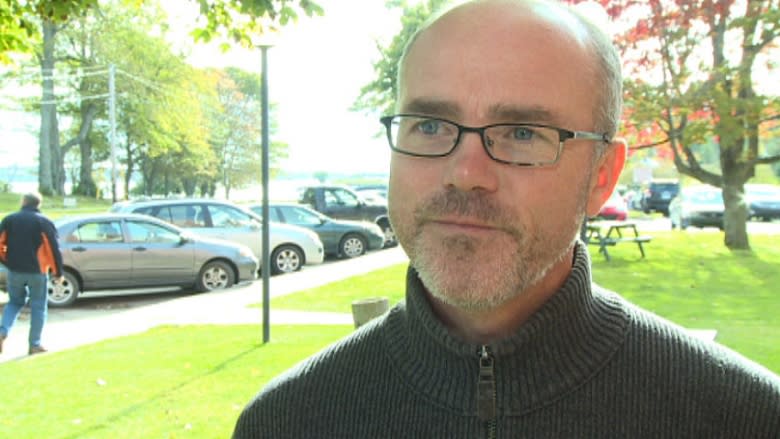P.E.I. to begin environmental assessments of former landfills
Six former landfill sites in Kings County will undergo environmental assessments this summer, as the P.E.I. government begins gathering information on 35 former landfills across the province for which it is responsible.
Even though many of the landfills have been shut down for decades, only three of the 35 have previously undergone soil and water testing to determine whether they pose a risk to the environment.
The six former landfill sites listed in the government tender are St. Peters, Upton, Cambridge, St. Mary's Road, Wood Islands and Lyndale.
Greg Wilson with the P.E.I. Department of Communities, Land and Environment said the sites would have been used to dump "everything from your black-cart waste that we have today to pesticides to cans and agricultural contamination … metals, plastics, everything you can think of that you would have in a household back in the time, everything went to the local dump."
In her 2015 report, P.E.I.'s auditor general raised concerns about the province's management of contaminated sites. She found there was no complete listing of government-owned sites known or suspected to be contaminated, nor had their been environmental assessments at many former landfills to determine "whether there is contamination as well as any public health and safety risks."
Auditor General Jane MacAdam also wrote in her report that "the cost to assess, contain and/or clean up contaminated sites could be significant."
All 35 sites to be assessed in coming years, Wilson says
Wilson said the department has a budget to hire a third-party contractor to conduct the environmental assessments, but doesn't have a figure as to how much any possible remediation might cost.
He said part of the assessment process will include recommendations for further work or monitoring which should be done on the sites.
Wilson said when some of the community landfills were shut down, there might not have been a proper decommissioning process, including "capping" the site over with soil.
"When there's no cap, any type of water that enters the garbage goes down and basically creates leachate. So if we can get a cap on there, we can stop any more leachate being produced, and then we just have to deal with what's already there."
Wilson said all 35 sites will be assessed over the next several years.
More P.E.I. news



